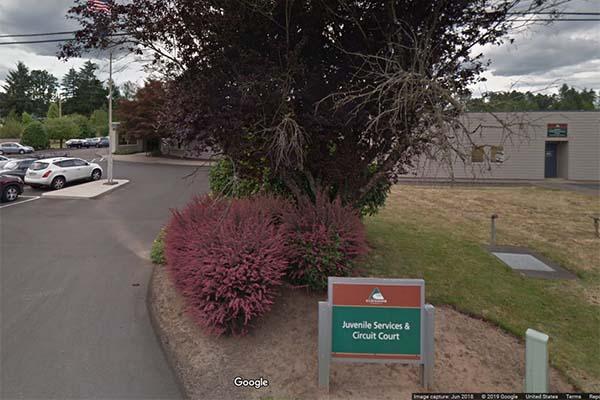Community Connections, in collaboration with community partners, provides meaningful projects for youth offenders to develop their work and social competencies while giving back to the communities harmed by their actions. Interns and volunteers working in this program will participate in two site experiences each month and facilitate the coordination of the program in an administrative role.
Learning Objectives
- Promote the use of restorative justice in the juvenile justice system in schools, in the workplace, and elsewhere in the community in situations where conflict may arise.
- Assist in the reintegration of juvenile youth and to provide offenders the opportunity to repair the harm to the victim and community.
- Understand the service provided, logistics, and best practices of Community Connections partnerships.
- Identify barriers of CCJD youth and apply knowledge of resources to youth and family to overcome these barriers and strengthen their confidence in being successful.
- Define basic Juvenile Justice language and terms used in the criminal justice context.
- Describe procedures in operational systems used to schedule youth, notify partners, and communicate with Juvenile Court Counselors to better accomplish goals of Community Connections.
- Have knowledge of and clarify expectations to youth/families when scheduling community service.
- Effectively discuss the goals of Community Service and implement policies and procedures.
- Identify confidentiality policies and apply these policies in all
Goals of Program
- Apply restorative justice principles and practices
- Provide youth with a positive, successful community experience that will foster the development of new skills
- Be supportive and patient with youth, parents, and partners
- Holding youth accountable in a meaningful way
- Assisting youth with the development of new skills
- Strengthen youth attachment to their community
- Encounter a conflict of interest
- Are notified of a conflict/incident involving a youth and/or partner
- Experience technical difficulties with programs, data bases or equipment used to complete assigned duties
Expectations
- Arrive on time
- Call ahead if you cannot make it or will be late
- Follow daily duty checklist
- Call back youth and sign up for community service projects
- Keep work station organized (shared work station)
- Complete training modules
- Ask for assistance when you feel stuck (It’s better to ask than to guess)
- Document and log information that will need to be addressed by CC Program Aide or Coordinator
- Follow procedures when you are in need of a JJIS number
Technical
- Any information that you have access to regarding youth is covered by State and County confidentiality policies (remember the confidentiality agreement you signed and ask if you have any questions)
- Know where all emergency equipment is located in the Annex (first aid kit, fire extinguisher, doors you can exit, AED)
Read more about the application process and guidelines.
 Translate
Translate






